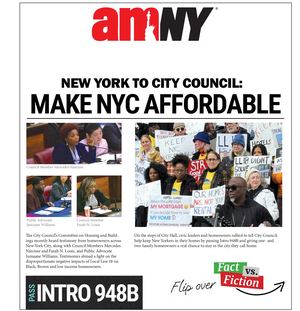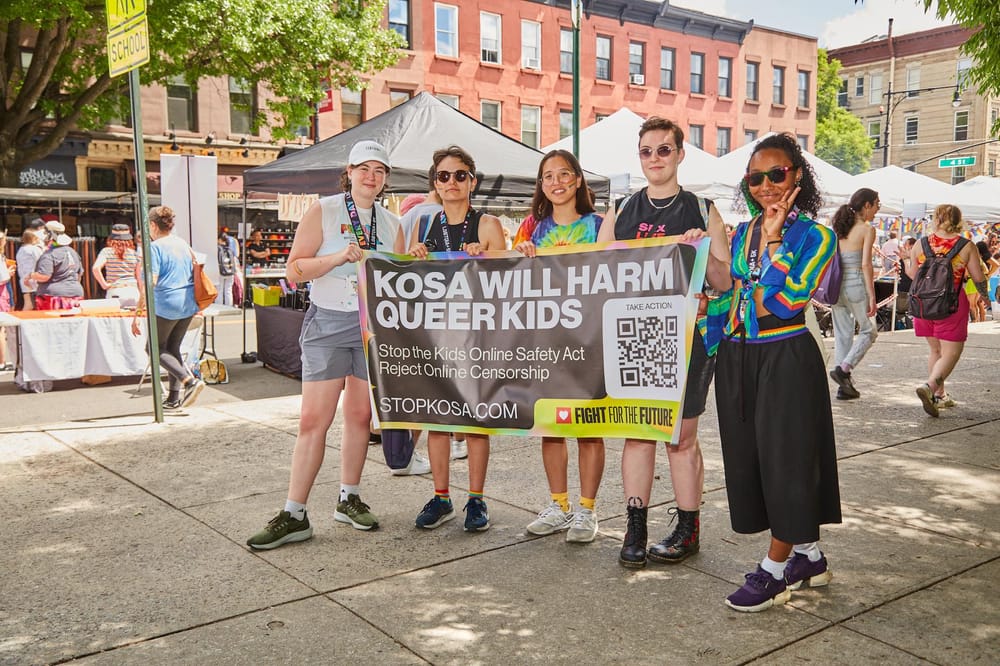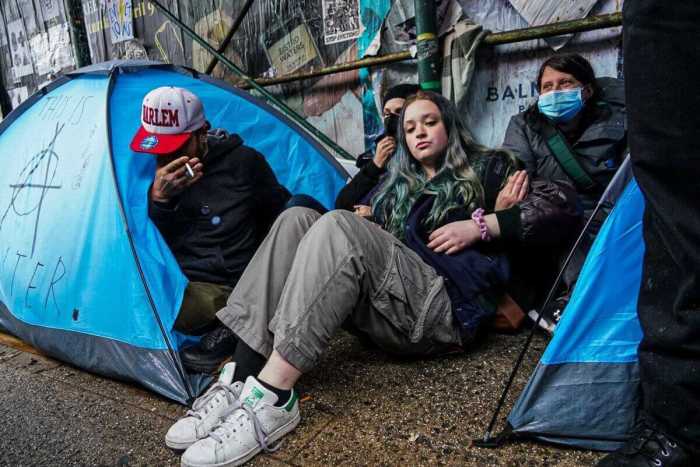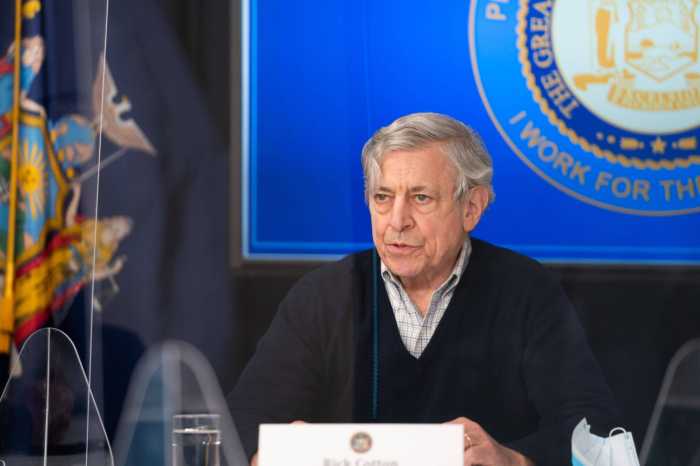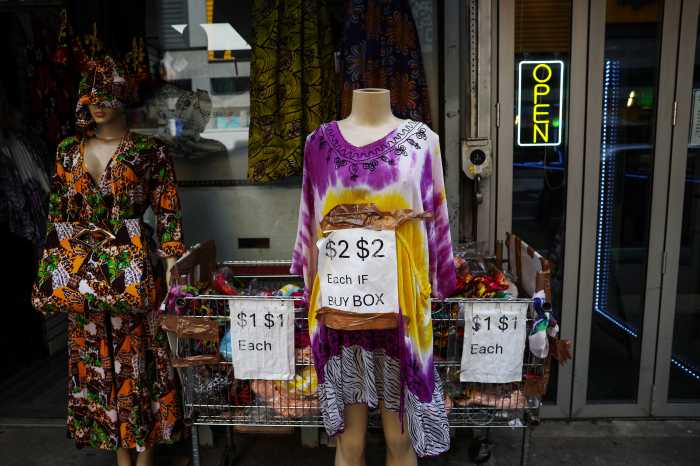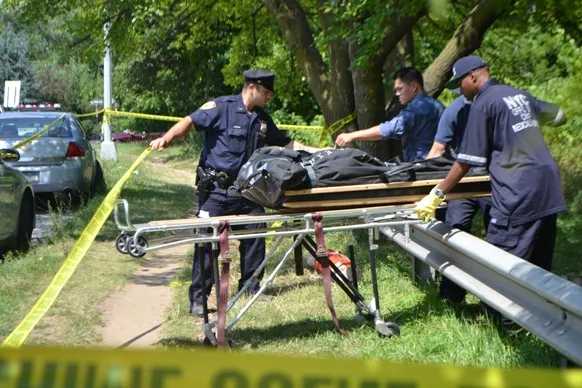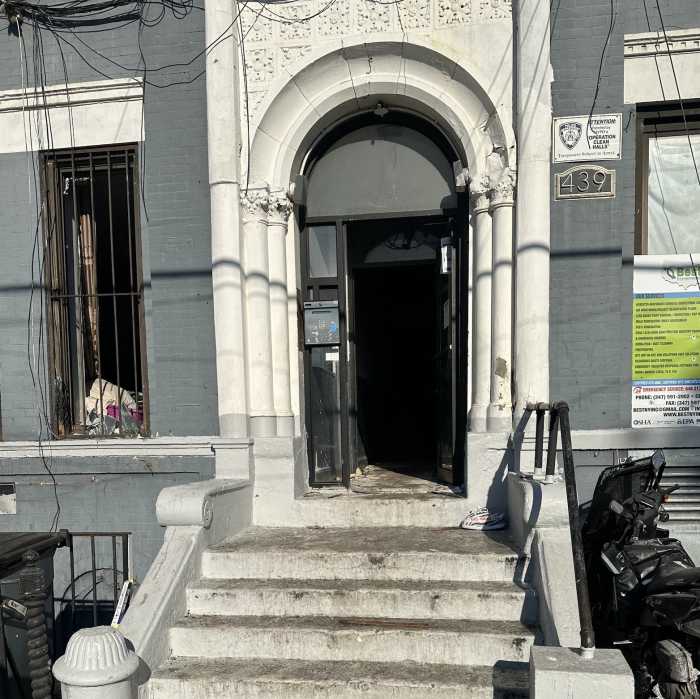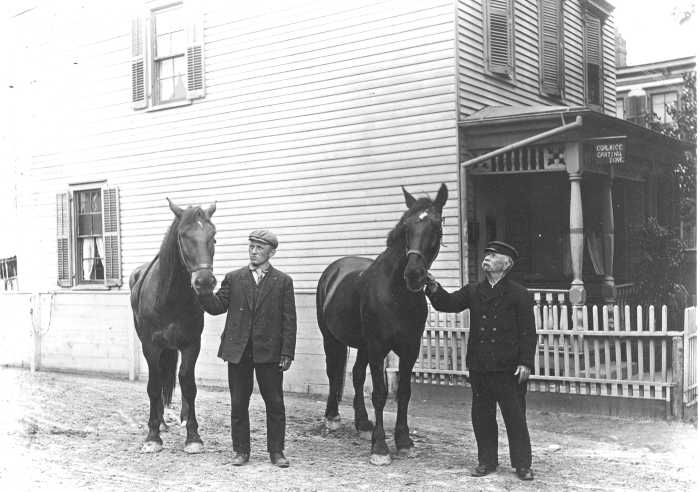Amid Congress’ rush to ‘do something’ about the perceived dangers of the internet, the deeply flawed Kids Online Safety Act has emerged, exploiting these fears to grant the government sweeping authority to suppress online expression and erase the digital communities young people depend on.
For this reason, we recently joined the ACLU in sending a letter to Congress opposing this dangerous bill.
Despite recent amendments—reportedly crafted with input from Elon Musk—the bill grants government agencies the power to define and police what content is deemed “harmful” for minors. This vague and overreaching framework threatens free expression, opens the door to politically motivated censorship from the incoming Trump administration, and disproportionately harms marginalized communities, particularly LGBTQ+ and BIPOC youth.
Elon Musk’s endorsement of KOSA exposes the hypocrisy of his professed commitment to free speech. Instead of protecting young people, KOSA risks silencing protected speech and conversations about gender identity, reproductive rights, and LGBTQ+ health care—topics that could be perceived as controversial but are essential to the survival and wellbeing of many young people.
For our youth, especially young people in less supportive situations learning about their identities, the stakes couldn’t be higher. Research from LGBT Tech shows that 90% of transgender youth say digital platforms have helped them better understand themselves, and 74% of LGBTQ+ youth overall say these spaces are vital to their personal growth. Social media connects them to affirming communities and resources they may not have access to in their offline lives.
More than half of Black Transgender and nonbinary youth have seriously considered suicide in the past year. For these young people, online communities and digital content are far from harmful, they are vital to their wellbeing and mental health. Yet KOSA would force platforms to prioritize avoiding politically motivated government investigations over promoting conversations about being LGBTQ+, accessing reproductive healthcare, and learning about lifesaving medical breakthroughs.
What makes KOSA most frustrating is how little it does to address the actual challenges youth face online, such as bullying, hate speech, and predatory behavior. Instead of tackling these root issues, KOSA scapegoats free expression, making the internet less inclusive and supportive for both young people and adults.
This is our call to action: Our Democratic leaders, starting with Senator Chuck Schumer (D-NY) and Congressman Hakeem Jeffries (D-Brooklyn), must discard their support for this harmful bill.
Protecting children online is crucial, but it cannot come at the expense of constitutional rights or the wellbeing of our vulnerable youth. Congress should focus on real solutions: expanding mental health support, funding culturally competent resources, and addressing the unique challenges faced by young people. These measures would address the challenges young people face in their day to day lives without threatening their access to potentially lifesaving digital communities.
For us, as vocal advocates for LGBTQ+ and BIPOC communities, we stand united in our commitment to policies that truly protect and uplift our youth. Even with its recent amendments, KOSA threatens to make the internet less accepting, less inclusive, and less supportive for those who need it most. Our kids deserve better. They deserve a future where their voices are heard, their identities are respected, and their rights are upheld.
If Congress genuinely wants to create safer digital spaces, lawmakers should prioritize input from America’s parents, educators, and kids—not unpredictable billionaires like Elon Musk.
Amanda Babine is executive director of Equality New York, a leading advocate for advancing equality for all LGBTQIA+ New Yorkers. Tandra R. LaGrone is CEO at In Our Own Voices, an organization dedicated to empowering LGBTQ+ BIPOC communities. Carmen Neely is co-founder, president and CEO of Harlem Pride, and vice chair of the Center for Black Equity.
